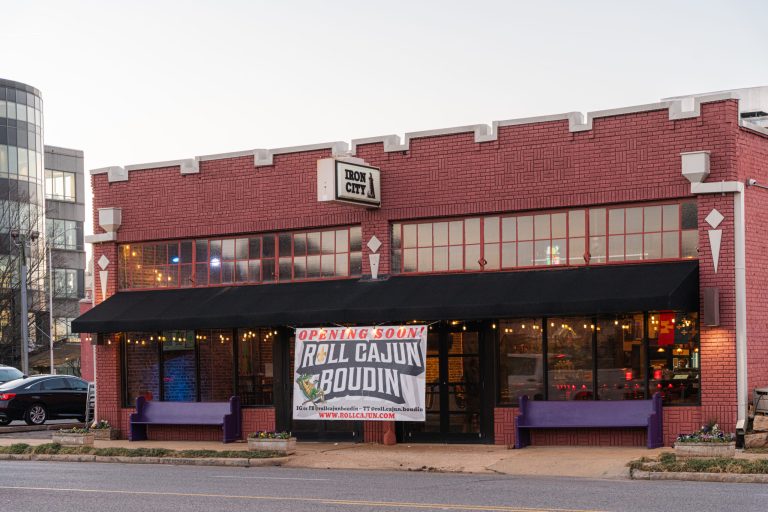KultureCity of Birmingham ranks no. 4 on 2019 worldwide list of innovative companies
Reading time: 2 minutes

Global business media outlet Fast Company has named Birmingham’s own KultureCity no. 4 on its 2019 list of world’s most innovative companies in the live events category. Why? It’s all about sensory inclusivity for children and adults with special needs.

You already know the nonprofit KultureCity even if you don’t recognize the name. In February, the company made headlines for designing the sensory-inclusive room at the Birmingham-Shuttlesworth International Airport. (Take a video tour here.)
The idea behind KultureCity was inspired by CEO and founder Julian Maha’s own son, who has autism. A series of events led Maha to start a company that promotes community acceptance and inclusion of those with disabilities such as autism—at live events and in everyday circumstances.
For the full story, check out Maha’s 10-minute TEDx talk below.
One example of KultureCity’s innovation is its Sensory Bags. Filled with items like headphones and fidget toys, the bags can help someone who is experiencing sensory overload cope.
Each bag also includes a chart that the owner can use to communicate how they are feeling or what they need.
Take a closer look by watching the Instagram video below.
In addition to the Birmingham-Shuttlesworth International Airport, KultureCity’s local clients include Vulcan Park and Museum. The iron burly man’s realm became certified sensory-inclusive last summer.
Straight from the Source
Here’s what Fast Company had to say about KultureCity’s no. 4 ranking in the live events category:
“Since 2013, KultureCity has been working to create a future where individuals with an invisible disability such as autism or PTSD are accepted and treated equally. The nonprofit works with live-events venues to help them become more sensory inclusive, and as of last September it had onboarded some 130 venues as part of its Sensory Inclusion program. To the average American, these may seem like normal events, but for those with sensory needs, to have a sensory inclusive venue translates to access and the ability to participate and enjoy the events held at these venues. ‘Sensory overload’ from stimuli such as loud noises or bright lights can become prohibitive to attendance, which ultimately can lead to social isolation.”



